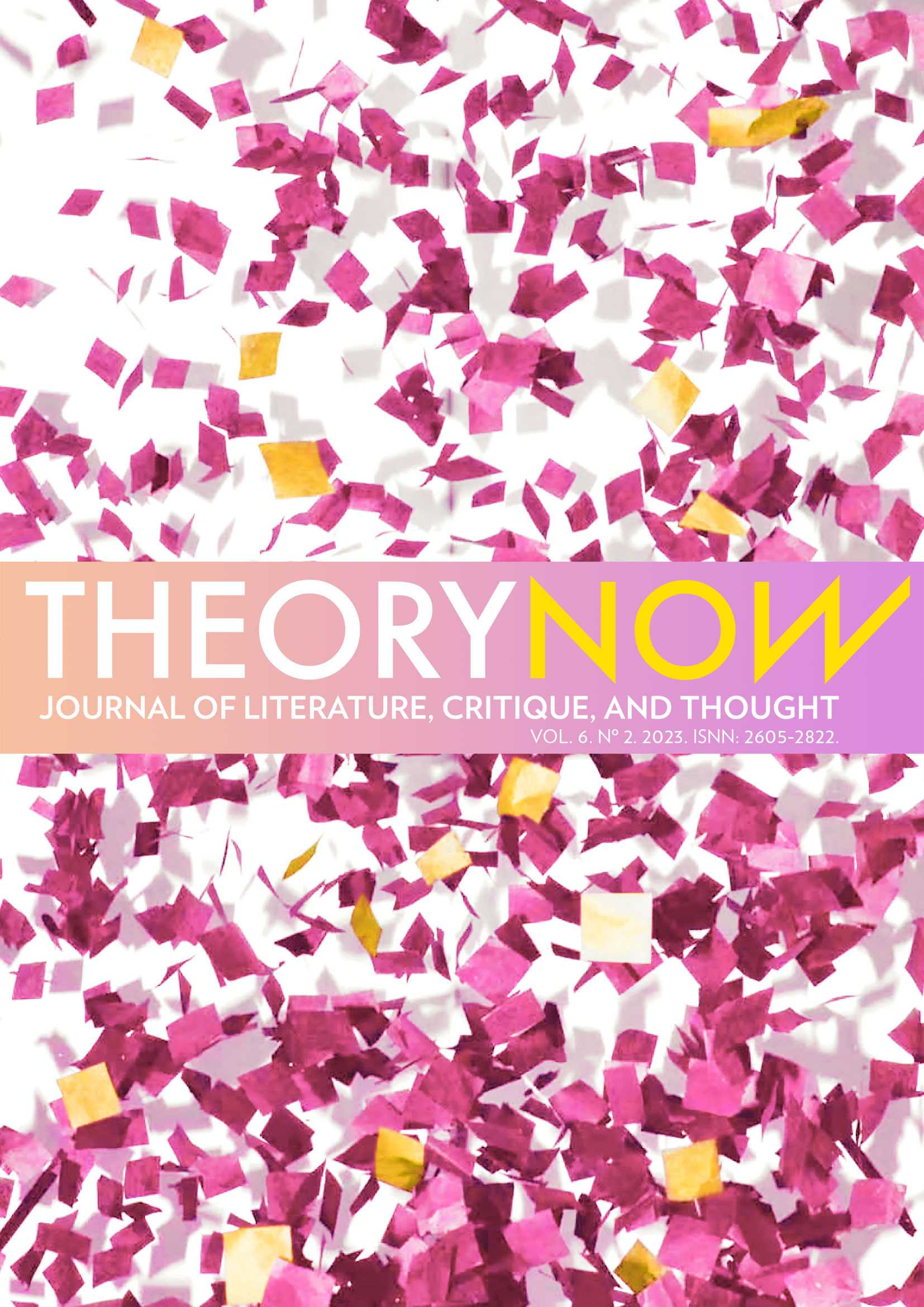Crisis, Capital and Resources: Chronicles of the Difference. Review of Todo lo que entró en crisis
Reseña de Todo lo que entró en crisis
DOI:
https://doi.org/10.30827/tn.v6i2.28367Keywords:
crisis, Pierre Bourdieu, Spain, financiarization, working class, middle class, inmigrantesAbstract
In Todo lo que entró en crisis José Luis Moreno Pestaña and Jorge Costa Delgado bring together a large number of sociologists and researchers with different backgrounds and methodological approaches whose common denominator is to have conducted interviews with profiles affected and weakened by the various social and economic crises that have occurred since 2008. Drawing inspiration from Pierre Bourdieu’s The Weight of the World, but also confronting it with regard to the concept of capital that characterizes it, this book offers an objectified overall picture of the crisis as a multifactorial and complex social process that calls into question the traditional mechanisms
of social reproduction. The working classes, the middle classes and the migrant population are portrayed in its pages as dynamic realities with specific strategies for confronting the crisis and with dissimilar perspectives for overcoming the difficulties.
Downloads
References
Moreno Pestaña, José Luis y Jorge Costa Delgado (coords.). Todo lo que entró en crisis. Escenas de clase y crisis económica, cultural y social. Madrid, Akal, 2023
Downloads
Published
How to Cite
Issue
Section
License
Theory Now. Journal of Literature, Critique, and Thought is an immediate open-access publication which is available at no cost for readers and authors alike. Authors are not charged any kind of fee for the editorial processing of their articles. Reading, downloading, copying, distributing, printing, searching, linking or reusing all published articles for non-commercial uses is allowed on the condition of citing the author, the journal and the editing body. All intellectual material published in this journal is protected under a Creative Commons Attribution-NonCommercial 3.0 Spain license.
Dissemination of the articles in social (Facebook, Twitter, Linkedin, etc.) and scientific networks (ResearchGate, Academia.edu, etc.), public repositories at universities and other institutions, blogs, personal or institutional websites, Google Scholar, ORCID, ResearchID, ScopusID, etc. is strongly encouraged. In all cases, the intellectual property of the articles and any possible monetary profits derived from them belong exclusively to the authors.













